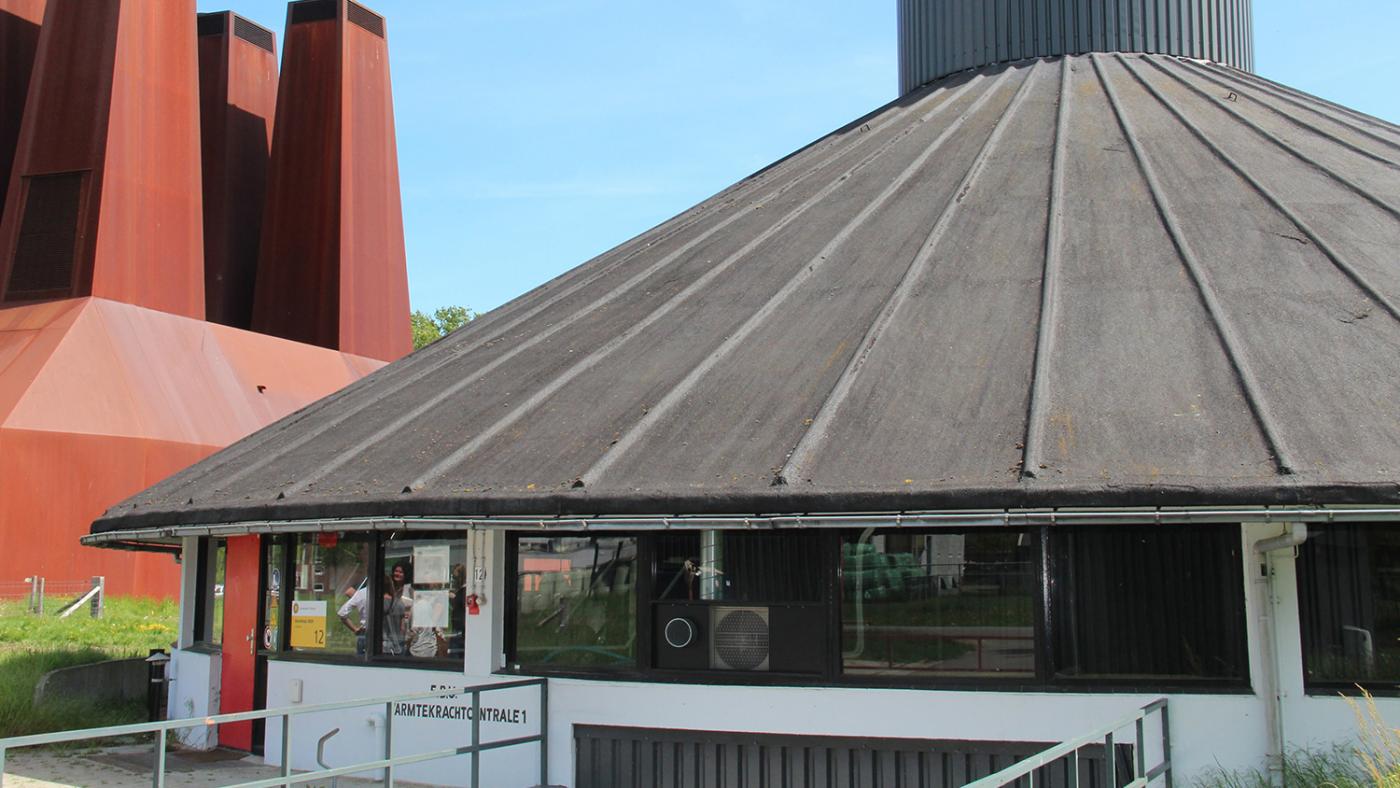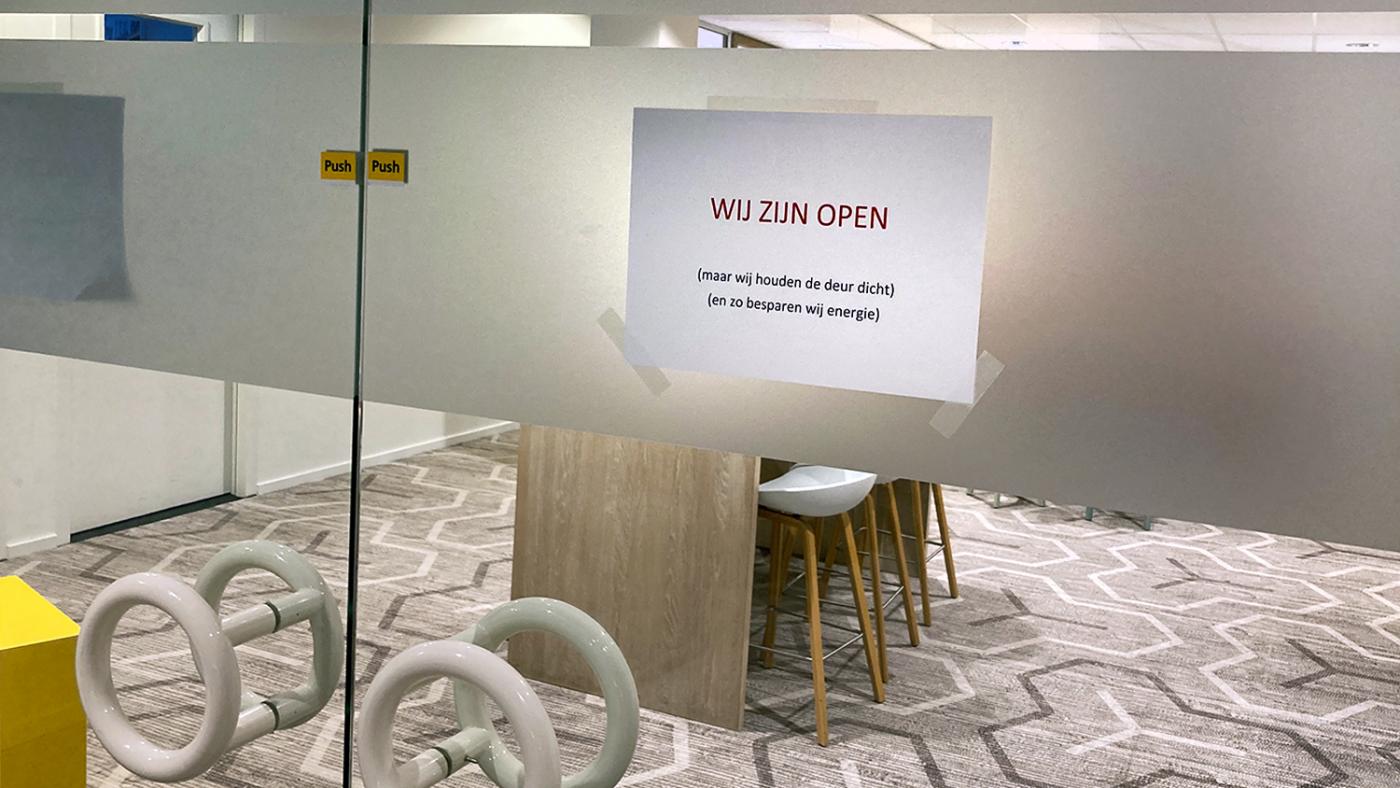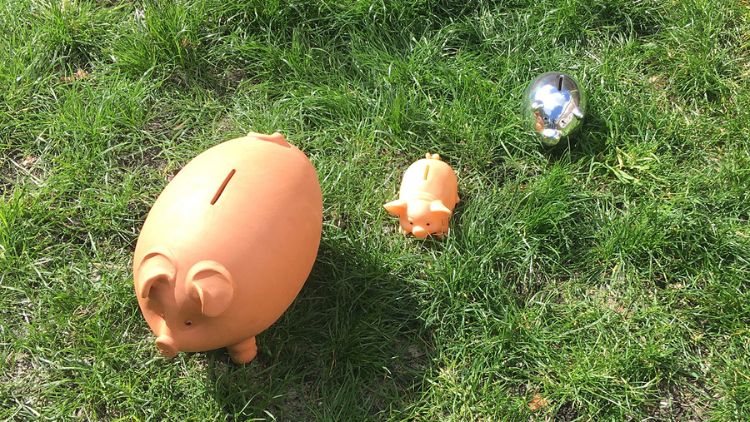Energy bill can increase to 35 million euros
UU calls on everyone to help it save energy

Sustainability is a huge theme when it comes to UU's budget. It's been a hot topic in the negotiations between the Executive Board and the University Council, whose members want to know how much money is being spent on sustainability measures. Currently, there is no separate item in the budget because the costs are often hidden in other initiatives and projects already mentioned in the cash book.
The budget does mention, however, how much the university expects to be spending on energy. UU has a contract with gas and electricity provider Greenchoice until the end of 2022, costing the university around 10 million euros annually. Next year, the energy bill is expected to cost 25 to 35 million euros, based on November’s rates.
UU intends to use its savings to cover energy costs in 2023 but, in the years after that, the entire institution will have to contribute. Reason enough to adjust the energy strategy. UU wants to make sure it is less vulnerable to changing circumstances that can influence energy costs. Moreover, the proposal is meant to bring the university closer to meeting its goals of becoming carbon-neutral by 2030 and fossil-fuel free by 2040. The plan will be executed as soon as possible in 2023.
Turn that button
The strategy document has five focus points (link only accessible to those with a Solis ID, Ed.). One of them is to reduce the use of gas and electricity by 15 percent next year. To achieve this, UU set up a university-wide task force called Zet De Knop Om ("Turn that button") which called for ideas on how to save energy. A total of 110 suggestions have been made, which can be divided into four categories: influencing human behaviour (such as turning off one's computer screen); replacing equipment (such as refrigerators and freezers that are more than 10 years old) with more sustainable ones; adjusting installations (such as the ones that regulate indoor temperatures), and updating the energy-guzzling buildings Androclus, Nieuw Gildestein, David de Wied, and Buys Ballot. There was even a proposal to reduce the opening hours of UU's buildings. So far, the only thing that's already been implemented is the reduction of the maximum temperatures allowed in the buildings from 21 to 19 degrees Celsius.

The University Funds are keeping the door shut to save energy. Photo: DUB
Another focus point is about intensifying the university’s efforts to generate and store its own energy. UU should connect as many USP buildings as possible to sustainable thermal storage, a system in which soil water is used to heat and cool down the buildings. In addition, more solar panels will be installed around the campus, including an experiment with a solar panel field. But that's not all: UU is still hoping to install at least one windmill at the Utrecht Science Park. The three remaining focus points concern the organisational level and collaborations with external partners.
Most of the plans concentrate on the Utrecht Science Park. As for the city centre and the international campus (UCU), plans will be made next year.

Only two pipelines of the thermal energy storage system are above the ground. Photo: DUB
Investing to save money
The Executive Board has already earmarked 100,000 euros for this purpose but Vice-President Margot van der Starre said in a meeting with the University Council that the university is looking to “invest another 8 to 10 million euros to save money”. The announcement was well-received by the council, although members feel they should have been informed about these additional costs sooner. According to Van der Starre, it was impossible to do that because “the plan was only finalised last week when the budget was already completed”. She did promise that the Executive Board will be clearer about UU's steps towards sustainability when it sets the budget for 2024.
In the end, the budget was approved after one of the staff members made the Executive Board promise that, if the university ends up spending less than 25 million euros on its energy bill, the remaining funds will be allocated to initiatives to make UU more sustainable. Three student members voted against it. One of them was Ismaïl Sarti, who did so because the definitive budget was sent to the University Council members at such short notice that he didn't feel as though he was able to analyse it critically before the meeting. The two others opposed the budget because there was no chapter on sustainability. “Sustainable plans should get their own, clear place in the budget”, declared student member Tamara Luiken. The remaining nay-voter, Susanna Burger, stated that the goals of becoming carbon neutral should be mentioned more explicitly.
Utrecht University's cash book in 2023

In 2023, the university is to spend 50.8 million euros more than it will receive, according to the university’s budget plan (only accessible with Solis ID, Ed.) for the upcoming year. This will not lead to any financial difficulties because the university did not spend enough in previous years, which means it ended up receiving more money than expected. Several faculties budget too carefully year after year, fearing setbacks that would force them to fire people.
The university estimates that it will get 1,103,464,000 euros in 2023. This figure mainly consists of money coming from the government, tuition fees, and services the university provides for others.
There are a few uncertain circumstances that may influence the budget this year, according to the Executive Board. Geopolitical tensions often lead to unpredictable energy prices, not to mention inflation is high, which means we don't know whether the government will compensate universities so that they can raise salaries. Furthermore, around 900 vacancies are yet to be filled and the labour market is tight, which can lead UU to spend more money on recruitment. Last but not least, the university doesn't know how many students will join the university next year, another factor that may affect the university's income.
In the University Council meeting about the budget, council members went easy on Margot van der Starre, the board member responsible for the budget. Although the university expects to spend 50 million euros from its savings by the end of 2023, there are windfalls every year or sometimes money is not spent at the faculty level. Just like in previous years, the University Council urged the faculties to actually spend the money they get, in order not to end up with high surpluses, which is not good for several reasons.
A faculty is only allowed to have a certain amount of money in their savings account. All surplus has to flow back to the university as a whole. More importantly, most money in the bank is meant to pay for the salaries of lecturers and researchers and faculties need to hire more of them to relieve the workload of current employees.
Van der Starre said that intense conversations are being held about this issue with the faculty boards. This led to a comment by University Council member Gert Folkers, who stated that the problem of conservative budgets or not spending money at the faculty level “is in the veins of this institution. They don’t dare to take any risks, they want a clear zero at the bottom line”. With this, he means that finance officers refuse to spend more money than they receive – but that won’t make the savings go down.
However, Van der Starre hopes that faculties will finally give permanent contracts to lecturer-researchers, as well as hire new ones, after all the conversations with the Executive Board, the ‘additional funds’ the board is handing out to the faculties so that they relieve workloads, and the funds the government is giving them for research purposes.
We will have to wait until next year to learn to what extent the 2022 budget has been met. Given the expected expenditures, one projects that UU spent 21 million euros more than it received. However, it looks like it has spent less money than it planned to, just like in 2021.